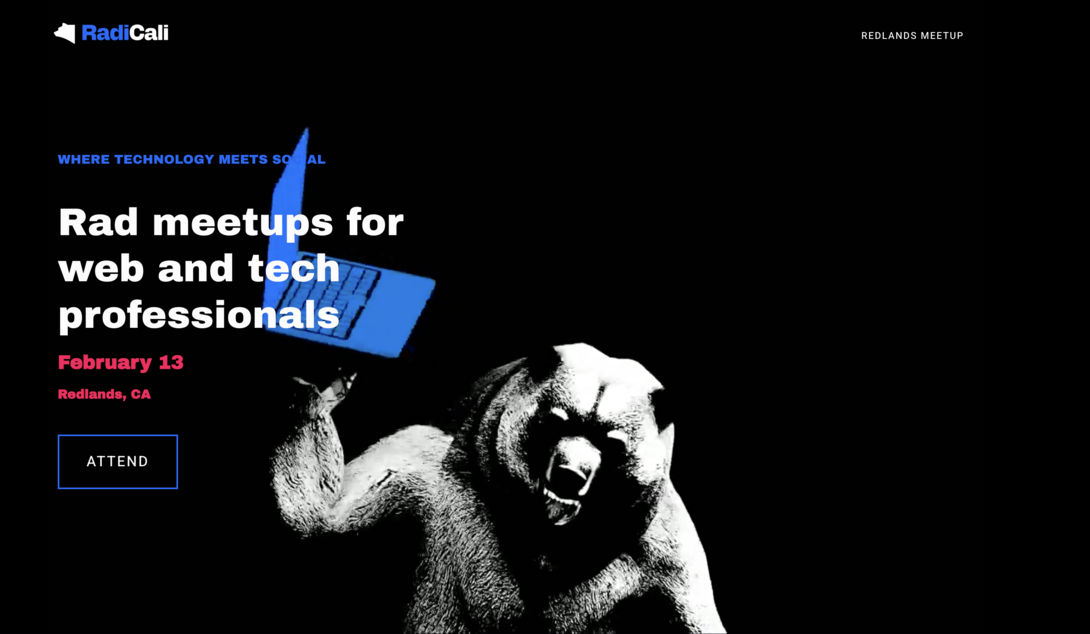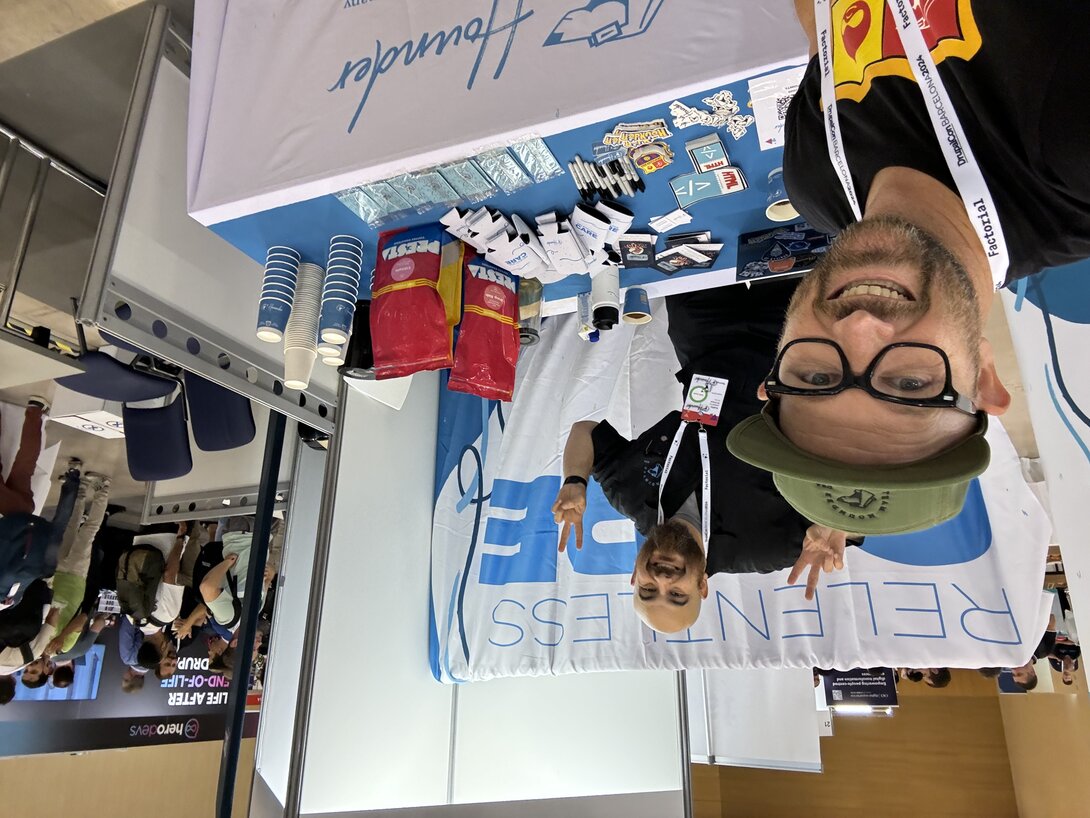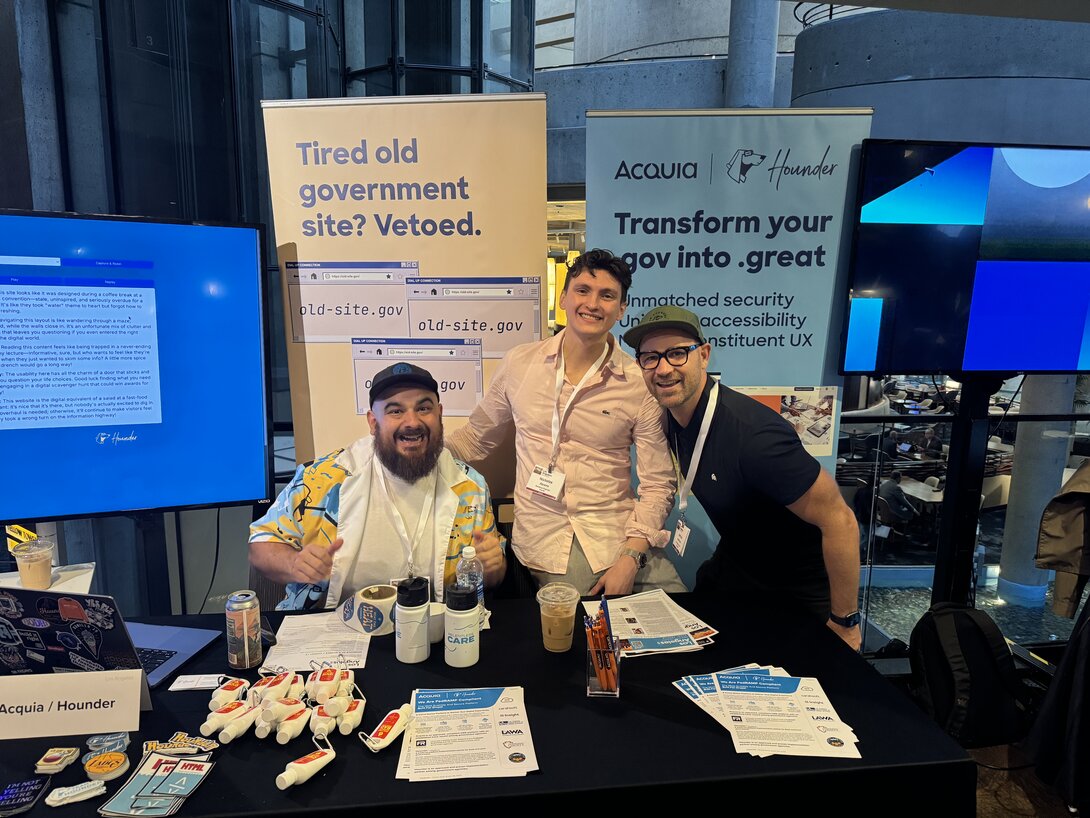Living in a post-pandemic world, B2B events have surged, making a bigger comeback than ever. More and more people are craving interactions beyond Zoom, giving businesses like yours the opportunity to make an impact!
B2B events give organizations a unique chance to increase brand awareness, lead generation, and cultivate strong client relationships. Businesses can participate at varying levels through live webinars, booths, speaking panels, etc.
Did you know that 83% of marketers say that events are critical to their business growth?
Source: Splash
However, you don’t want to throw money into a half-baked event idea and/or attend an event that doesn’t cater to your target audience. Whether you’re planning on hosting your own event or trying to figure out what ones to attend this year, we’ve highlighted some Do’s and Don’ts for B2B event marketing.
Do's for Effective B2B Event Marketing
Define Clear Goals and Objectives
If you plan on hosting your own event, effective planning and thorough preparation are crucial. This involves setting clear objectives, determining the target audience, and creating a comprehensive event timeline.
Collaboration with stakeholders and team members is also important. Ensuring everyone is on the same page will facilitate the seamless execution of the event and promote a cohesive brand message throughout the event journey. Additionally, conducting a SWOT analysis (Strengths, Weaknesses, Opportunities, Threats) can provide valuable insights into potential challenges and areas for improvement, allowing for proactive adjustments to be made well in advance of the event.
Examples: Generate X leads, secure X partnerships, increase awareness by Y%.
Know Your Audience
One of the first things you have to ask yourself is, where does your target audience flock to? This is why it’s so important to create detailed buyer personas before any marketing initiatives so that you can effectively identify the channels your audience will most likely peruse.
This information is good to know no matter if you’re planning your own event or attending someone else’s. Either way, you don’t want to waste money on something that doesn’t involve your target audience.
For example, Hounder has launched RadiCali, a networking event specifically for web tech professionals. In order to attract this audience, we created the brand, tone, and incentives to cater to this specific persona.

Playing off of corporate jargon, we’ve created a brand and bear mascot that’s humorous and laid back. For those who are looking for a lowkey place to chat, relax, and connect with other professionals in their industry, this event brand exudes that type of energy.
Leverage Multi-Channel Promotion
We’ve often found that leaving no stone unturned for event marketing works wonders. Don’t forget to spread the word on your social media platforms, email, and event pages such as Eventbrite and Meetup. Better yet, if there are any professionals you know personally, send them an invite directly!
On the other hand, if you’re planning on attending an event someone else is hosting, still don’t forget to promote that you’re going to be there. Not only does this help the event itself, but it helps you attract more of your audience, opening up more opportunities to connect with the right people.
Prioritize Attendee Experience
What activities and incentives should you include in your event that will convince attendees to attend again in the future? This is an important question to ask yourself since you want to boost engagement as much as possible, and without cultivating the right experience, your efforts could go down the drain.
If possible, invite influential speakers to host keynote sessions or create giveaways that are attractive to attendees. No matter if Hounder is attending events or hosting them, we always try and create a memorable experience. For example, at Drupalcon Barcelona, we brought our web developer/coffee connoisseur to brew up some delicious drinks at our booth! This turned out to be such a hit since there wasn’t anywhere else attendees could find coffee at the venue.

At the recent LA Gov Summit, we introduced an application we developed that roasts websites for those who visited our booth. This created a lighthearted atmosphere and was the perfect conversation starter that would be unforgettable for those who said hi to us.

Those are just a couple of examples of how you can not only make your own events unique but also create a memorable experience at a booth you may be hosting while attending other events.
Utilize Data
This is another “Do” that you should implement in events you attend and events that you host. Tools such as Hubspot and Eventbrite help you gather registrant information or help you manage and organize contacts you’ve acquired from your booth with ease.
According to Forrester, 92% of B2B marketers plan to improve their post-event attendee follow-up this year to improve ROI. No matter what, you don’t want data to go to waste. Make sure you organize it and find ways to utilize it for future marketing and outreach initiatives.
Don'ts to Avoid in B2B Event Marketing
Overlooking Pre-Event Research
Without understanding the latest trends and needs of your target market, your event may not hit its mark as well as it could through in-depth research. With the technology at our fingertips today, it’s easy to figure out what your audience engages with and craves. Plus, you can conduct surveys to gather specific information from the people you know will give you valuable information for your event planning.
Ignoring Follow-Up Strategies
Post-event communication is vital, no matter if you're hosting or attending events where you’re gathering contact information. Avoid generic follow-up emails and show attention to detail by mentioning anything specific to the conversations you had with the contact. This automatically shows an extra level of effort and will result in more responses from recipients rather than mass emails that include no personalization.
Pro Tip: CRM tools like HubSpot can help automate these engagements and help you track results easily.
Relying Solely on In-Person Events
While Hounder has found event marketing is a huge component to success, it can’t be the only avenue you rely on. Supplement event marketing with other strategies such as social media marketing, ad campaigns, organic SEO content, and the list can go on. However, not every channel works for every business, so it’s important to experiment and then double down on the strategies that work best. If you find something is not benefiting your business’s growth, stop doing it.
Neglecting Budget Constraints
Events can often come with hidden costs especially if you’re hosting your own, but also when you’re investing in booths or speaker sessions. This is why it’s important to understand your target audience and only attend events where a majority of the attendees are that buyer persona.
Focusing Solely on Sales
A lot of what we’ve talked about is catered to attending and investing in events that help you achieve your business goals, however, events aren’t solely for that purpose. They offer a unique opportunity to build meaningful relationships with people who could play a critical role in your business’s future success.
Instead of focusing solely on closing deals, prioritize authentic engagement with attendees. Listen to their challenges, exchange ideas, and establish connections that can evolve into long-term partnerships. This approach not only enhances your reputation as a value-driven, client-focused business but also lays the groundwork for future opportunities.
Engage with as many people as possible during the event, whether through one-on-one conversations, group discussions, or networking activities. Even those who may not be potential clients today could become collaborators, partners, or advocates tomorrow. Remember, the most successful B2B event marketing strategies are built on trust, shared value, and genuine human connection—not just sales pitches.
Measuring Success in B2B Event Marketing
Evaluating the success of your B2B event marketing efforts is essential for understanding what worked, what didn’t, and how to improve future events. Here’s a breakdown of key metrics and tools to ensure you’re getting the most value from your investment:
- Lead Conversion Rates
- Attendee Engagement
- Registration vs. Attendance
- Net Promoter Score (NPS)
- Social Media Impact
- Return on Investment (ROI)
Key Takeaways on Creating a B2B Event Marketing Strategy
Those are just a few do’s and don’ts for B2B event marketing as well as what Hounder has personally done that’s been effective. Don’t forget to utilize all your marketing channels to promote and gather the right people you’re looking to engage with whether you're attending or hosting future events. Prioritize making connections and building trust with potential customers, partners, and businesses to solidify yourself within your industry. B2B events not only provide networking opportunities but growth potential for your business as a whole.